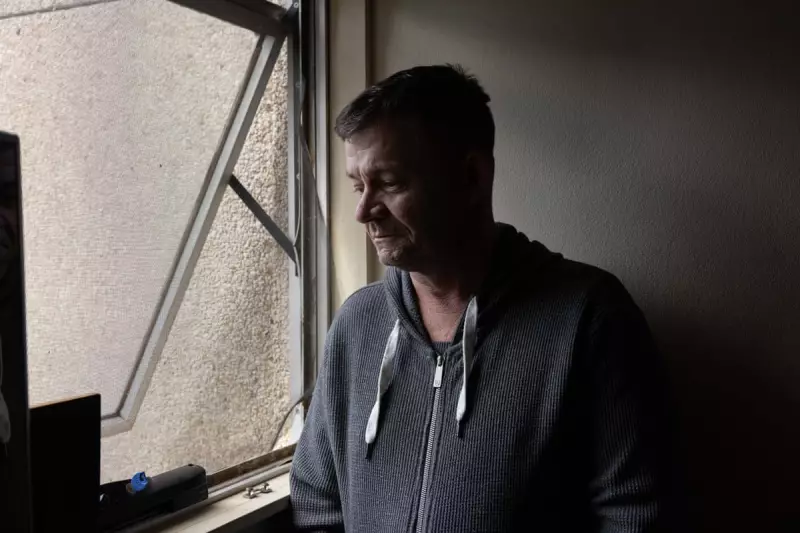
The New South Wales Police Force is facing intense scrutiny following their response to a mental health crisis in Waterloo, with critics accusing officers of failing to de-escalate the situation appropriately.
Eyewitnesses reported distressing scenes as police attempted to restrain an individual experiencing a mental health episode. Local residents expressed concern over what they described as heavy-handed tactics, questioning whether officers had received adequate mental health awareness training.
Growing Calls for Reform
Mental health advocates have seized on the incident to renew calls for improved police protocols when dealing with vulnerable individuals. "This isn't an isolated case," said Sarah Wilkinson from Mind Australia. "We've seen too many instances where police intervention has exacerbated rather than helped mental health crises."
Official Response
A NSW Police spokesperson stated that officers "followed established procedures" but confirmed the incident would be reviewed. The spokesperson emphasised that frontline police often serve as first responders in mental health emergencies and receive regular training in crisis intervention.
However, community leaders argue that specialist mental health teams should take the lead in such situations. "Police aren't mental health professionals," noted Waterloo community organiser Jamal Hassan. "We need properly funded alternatives to armed police responses."
Systemic Issues Highlighted
The Waterloo incident has reignited debate about:
- The adequacy of police mental health training
- The need for dedicated mental health response units
- Funding for community support services
- Accountability measures for police interactions with vulnerable people
As investigations continue, many are calling for systemic changes to prevent similar incidents in future.





